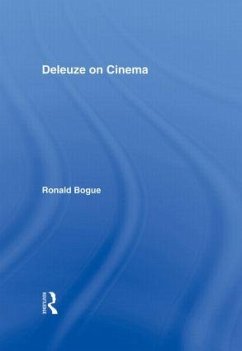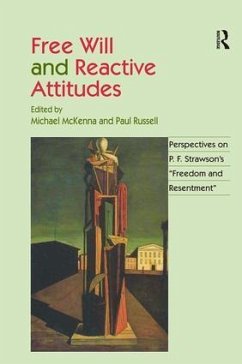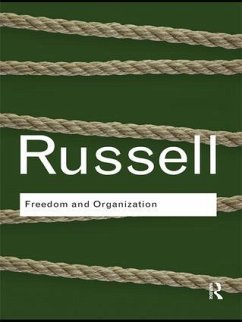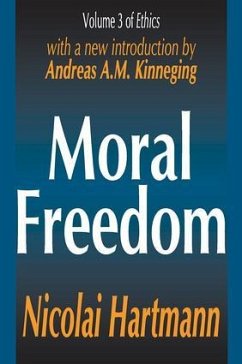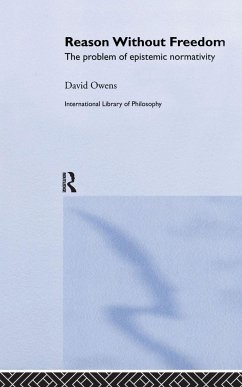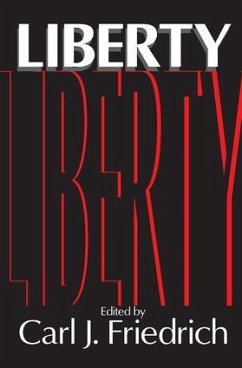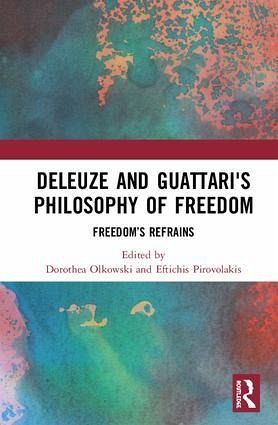
Deleuze and Guattari's Philosophy of Freedom
Freedom's Refrains
Herausgeber: Olkowski, Dorothea; Pirovolakis, Eftichis

PAYBACK Punkte
84 °P sammeln!
This volume addresses the issue of freedom in the philosophy of Deleuze and Guattari. This is all the more challenging in that Deleuze-Guattari almost never use the term freedom, preferring instead, the concept of the refrain. The essays collected in the volume show that freedom has been understood in a remarkably narrow sense and that in fact freedom operates as the refrain in every realm of thought and creation. The motivating approach in these essays is Deleuze-Guattari's emphasis on the irreality of media and capitalistic sign regimes, which they perceive to have taken over even the practi...
This volume addresses the issue of freedom in the philosophy of Deleuze and Guattari. This is all the more challenging in that Deleuze-Guattari almost never use the term freedom, preferring instead, the concept of the refrain. The essays collected in the volume show that freedom has been understood in a remarkably narrow sense and that in fact freedom operates as the refrain in every realm of thought and creation. The motivating approach in these essays is Deleuze-Guattari's emphasis on the irreality of media and capitalistic sign regimes, which they perceive to have taken over even the practices of philosophy, the arts, and science. By offering a clear and engaging treatment of the underexplored issue of freedom, this volume moves the discussion of Deleuze-Guattari's philosophy forward in ways that will appeal to researchers in Continental philosophy and a wide range of other disciplines.





